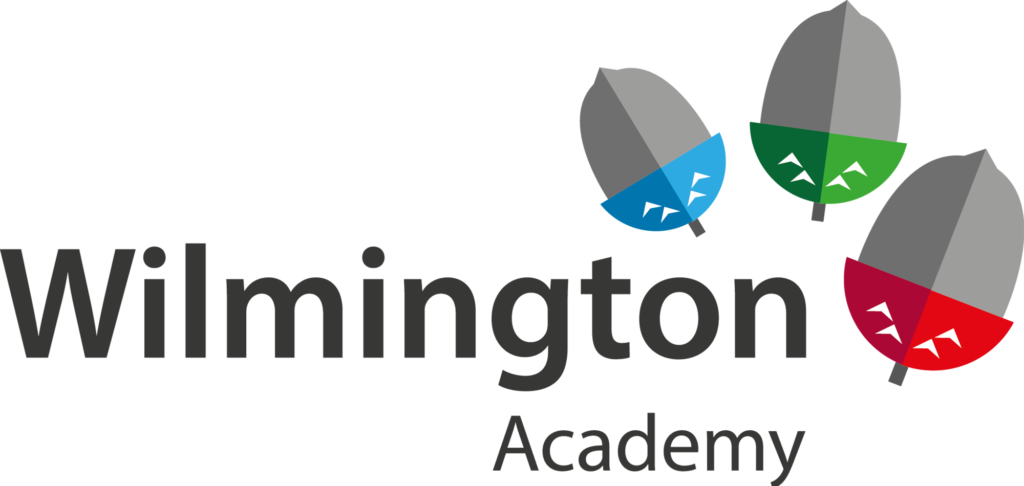Intent
Within the Middle Years program, students undertake interdisciplinary learning. In Years 7-9, students spend 3 days off timetable and are given the opportunity to spend time exploring our interconnected world, through a variety of disciplines. Students are encouraged to explore key issues through differing subject areas and apply knowledge gained within different disciplines, to help them solve problems and establish links. Students, as a consequence, are able to think critically and creatively, fostering intellectual rigour.
Students are also encouraged to consider how their learning can have a positive impact on their community, both locally and globally.
Schedule of Learning:
- Year 7- Language Acquisition, Arts and Design
- Year 8- Maths, Science and Physical Education
- Year 9- Individual and societies, Language and Literature and Community Project.
Implementation
MYP Interdisciplinary encourages students to draw on knowledge from two or more disciplines, integrate knowledge and apply knowledge to new content. Throughout the three days, students continue to develop knowledge within the disciplines, exploring how they link to an overarching theme. Students are given an opportunity to complete a final piece of work that draws the disciplines together, helping them to explore the issues addressed.
Impact
Assessment practices within MYP interdisciplinary encourage students to:
- Develop a deeper understanding of learning skills and apply them in meaningful contexts
- Integrate conceptual learning, ways of knowing, and methods of inquiring from multiple disciplines
- Inquire into compelling issues, ideas and challenges by creating products or explaining phenomena
- Reflect on and communicate understanding of the interdisciplinary learning process -Experience the excitement of intellectual discovery—including insights into how disciplines complement and challenge one another.
Students will be assessed under three different criteria:
- Criterion A: Evaluating
- Criterion B: Synthesising
- Criterion C: Reflecting
Each criterion is divided into various achievement levels. The level descriptors for each band describe a range of student performance in the various strands of each objective. At the lowest levels, student achievement in each of the strands will be minimal. As the numerical levels increase, the level descriptors describe greater achievement levels in each of the strands.
The three MYP criteria will be summatively assessed and reported on at the end of the academic year.
For more information, please read our assessment recording and reporting cycle.


